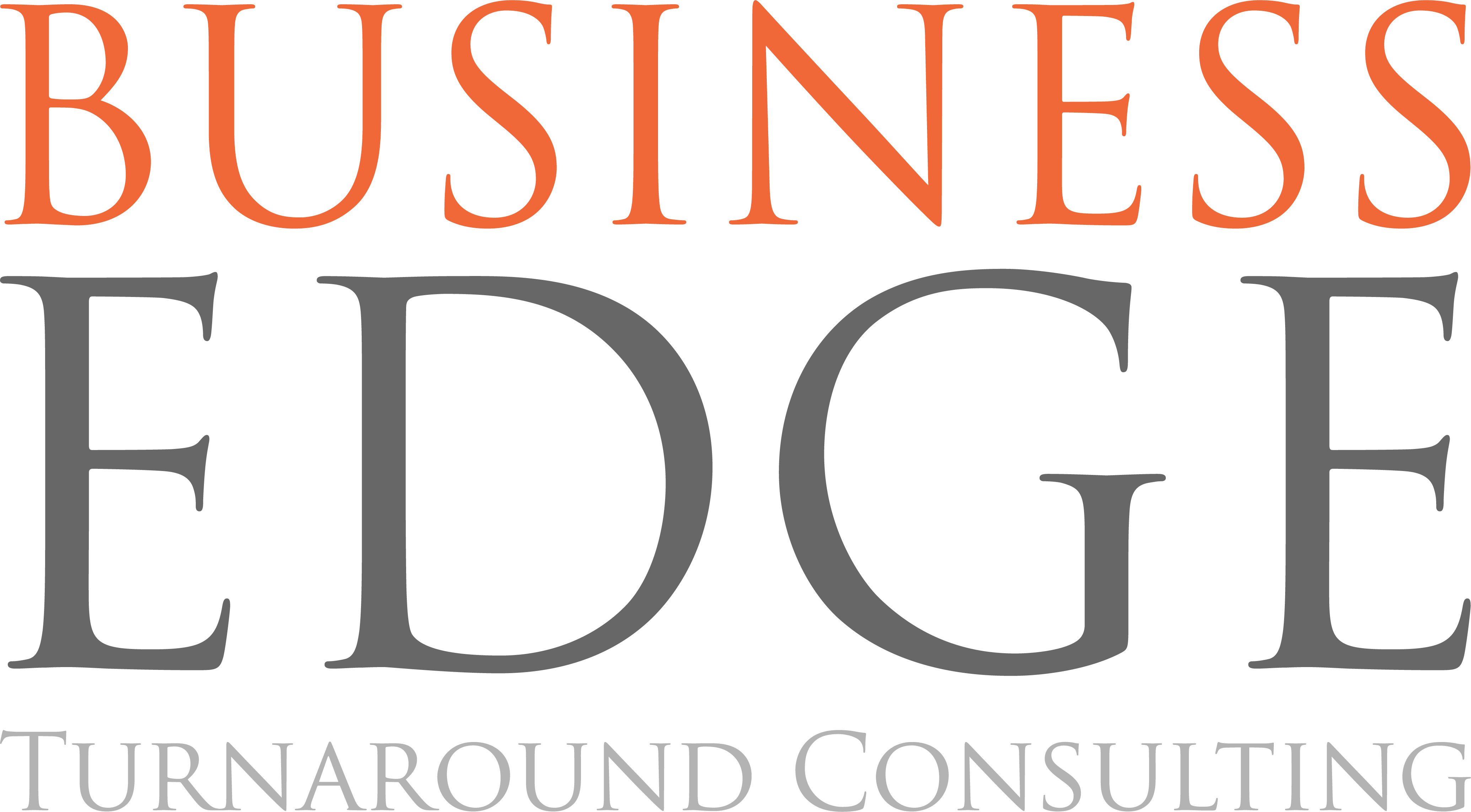Contact: Rich Musal – (v) 515-988-4664, or (e) Rich@karmaegi.com
A Consulting Chief Financial Officer was engaged to guide and help two different manufacturing clients (one with sales of $15 million, the second with sales of $35 million). Both were experiencing rapid growth – one from $15 to $25 million, the second from $35 to $75 million.
Typical of most manufacturing companies buying and implementing Enterprise Resource Planning (ERP) software, each Management Team treated the new ERP installation as a “software project” – installing the software and expecting accurate information and dependable management processes.
Indeed, the implementation, training, and use of the “software” was a vital part of a typical 18-month ERP project – but only a part of each company’s ERP project.
Each Company’s Team struggled with the need for effective training, correcting and maintaining accurate data, revising and adjusting Management processes, and tweaking procedures to effectively utilize the information from the new ERP software system for profitably managing the business.
Common characteristics among the two companies
Karma’s initial ‘Discovery phase’
Karma’s approach begins with “obtaining an understanding” of your company’s business processes, compliance requirements, existing capabilities, administrative processes, etc.
Typical findings during the ‘Discovery Phase’
Like many small and medium manufacturing businesses, these two companies lacked basic management processes and disciplines to use the expected benefits of an ERP System.
• Gross Profit by Part or Customer was not available.
Common Outcomes
After implementing new Management processes and ERP software, both businesses experienced the following:
